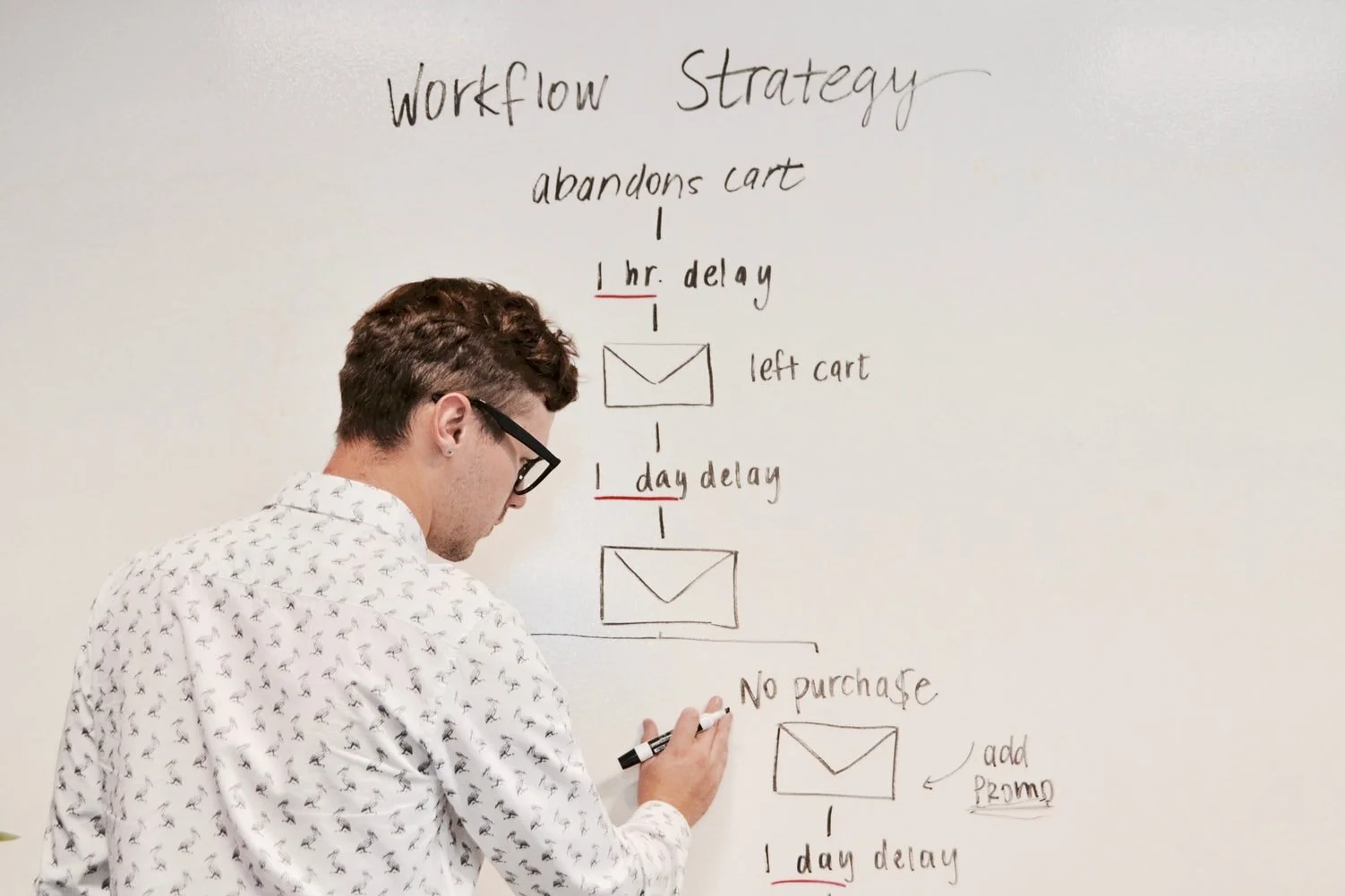Marketing Monday: 5 Factors to Consider for a Successful Influencer Strategy in 2021
The year is 2021 and the era is…digital.
Like so many others in 2020, I’ve grappled with a great deal of personal and professional struggles throughout the past 10 months.
From pandemic fatigue and struggles with social isolation to massive budget cuts and brand pivots, Covid-19 has ushered in an unprecedented period of change.
And though we’re celebrating a [happier] New Year, and looking to the future with optimism, we still haven’t gotten over the theoretical hurdles of this virus.
Fortunately, as marketers, we’re accustomed to embracing the dynamism of digital; a medium that’s ripe with opportunity for awareness, visibility and engagement — while constantly changing.
That means in spite of the changes Covid-19 has meant for business, the ability to think creatively, adapt quickly, develop unique content and make data-driven decisions remain paramount for marketing success in 2021.
For instance, one digital trend that continues to flourish is influencer marketing.
In 2020, we saw this come to fruition with brands spending more marketing dollars online, more brands investing in high quality content creation and a greater emphasis on personalization via targeted messaging to various audience segments.
While a new year may equate to a new era of digital marketing, it doesn’t negate tried-and-true strategies for digital success.
If you’re planning an effective influencer marketing campaign for 2021, consider these five factors to cultivate a strategy that works.
What marketers need to know about authenticity in influencer marketing | Martech Today (Click Here)
Relevance
Before selecting an influencer, it helps to narrow down your target audience.
The better you can define your target audience, the easier it is to find influencers who are relevant to your niche. Be sure to observe how aligned their content is with your messaging.
Authenticity
An influencer is somebody who many people consider to be a thought leader on a topic or niche. That’s why it’s important to find people who your target audience looks up to as thought leaders.
Whatever your niche, you can engage with influencers to create quality, authentic content that their audience expects, while associating your brand with that content.
Reach
It is important to consider what other social platforms your customers visit.
If you are a food or fashion brand, someone with a large following on Pinterest or Instagram will likely be more valuable than someone with a large fan base on Twitter.
Frequency
There is a direct correlation between how often an influencer posts on their medium, and their engagement rate.
As with marketing, it often takes multiple exposures to get a follower to convert to a consumer. When an influencer consistently posts high quality content, on a regular basis, their audience is more likely to engage.
Engagement
Engagement is a great indicator of how interactive an influencer’s audience is with the content. Consider the following questions:
Do the influencer’s followers actively respond, comment and share?
How often do the influencer’s followers engage with their content?
How often do their website/blog visitors return?
Keep these answers in mind, and remember — online influence is not about popularity. If that was the case, the biggest influencers would be those with the deepest pockets for buying followers.
Which digital marketing trends do you think will continue to flourish in 2021?




